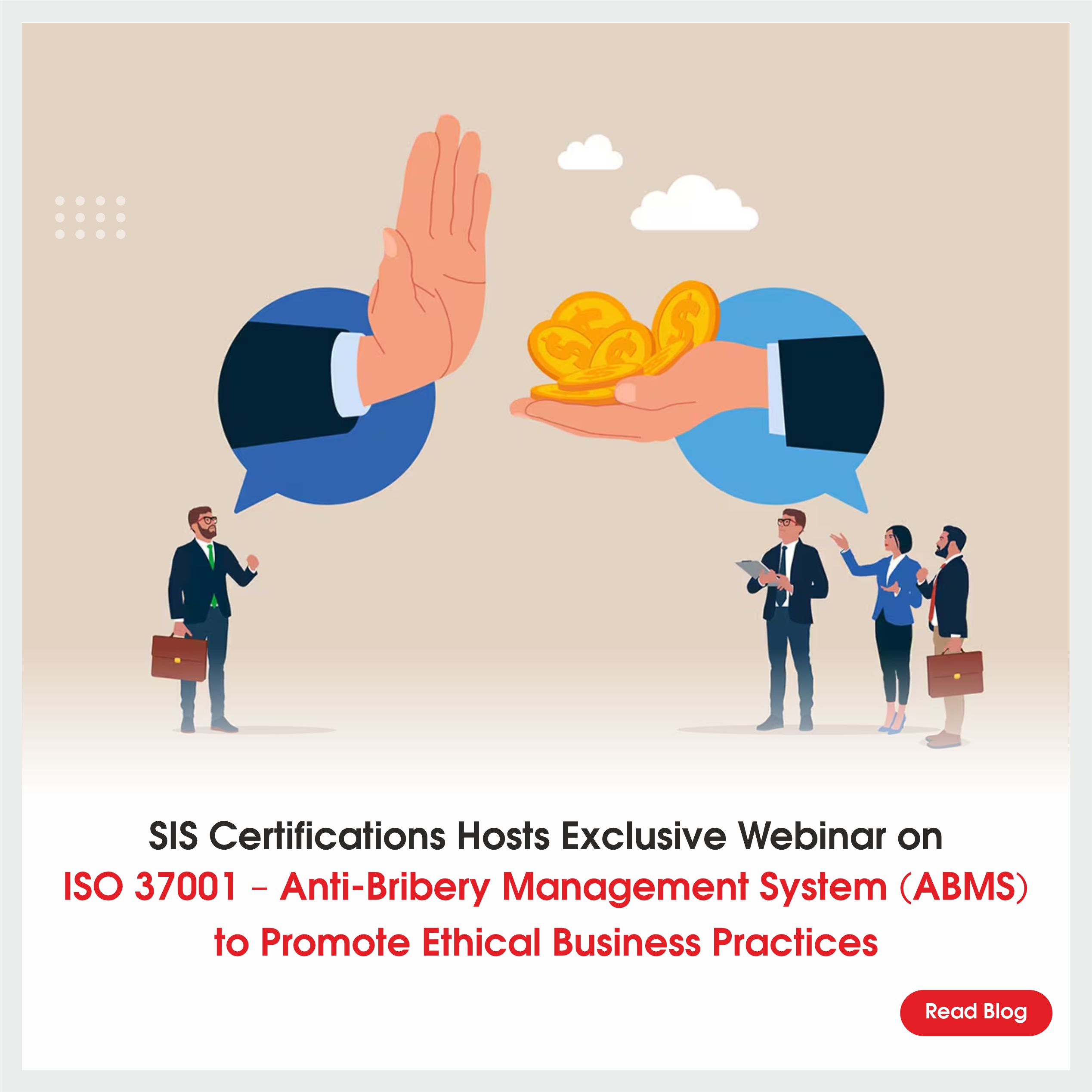GET ISO Certification for Hotel, Restaurant and Leisure Service
CONTACT WITH US
How ISO Certification helpful for Hotel, Restaurant, Leisure Services
The internationally recognized ISO certifications are helpful for almost every organization regardless of its size, type, or process. The Hotel, Restaurant, and Leisure services industry is an ever-blooming business because travel and tourism keep on growing every year. Travelers or Tourists always look for the perfect accommodation, food, and leisure services due to which there are lots of expectations that are anticipated by the masses when it comes to the quality, safety, and efficiency of these products and services. The ISO standards for the Hospitality industry provide the requirements for a standardized management system that will maintain consistency in delivering quality products and services for the customers. ISO standards for the hotel industry are also highly productive in meeting the needs and expectations of the customers. Thus, ISO certifications are very much helpful for the Hotel, Restaurant, and Leisure services industry.
Why does the Hotel, Restaurant, Leisure Services need ISO Certification?
Internationally recognized ISO Certifications are immensely needed to be achieved by automotive enterprises in order for them to emerge as efficient and effective management systems. In this regard, the standards published by the International Organization for Standardization (ISO) help these enterprises in establishing various management systems that lookout for the quality and safety of products, effectiveness of the processes, environmental friendliness of the business operations, security of the valuable information, and a lot more. So, there is an ultimate need for ISO Certification in the automotive industry to prove their effectiveness and efficiency to the customers.
One can feel the ultimate need for ISO Certifications for the automotive industry in each and every stage of their services. In that regard some points are highlighted below:
- Having ISO certification for the automotive industry will help you to get international recognition as it boosts your reputation all over the world.
- ISO Standards help the automotive industry to improve its organizational revenues and earn maximum profits for organizational benefits.
- ISO Certification is applicable to almost all types of automotive industries regardless of their size, type, or process.
Benefits of ISO certification for Hotel, Restaurant and Leisure Service
ISO standards for the hospitality industry are very much beneficial for an organization, as it can satisfy the wants and wishes of the customer resulting in maximum profits for the organization. ISO Certification can help your organization to uplift your business in the global market.
Profits of Having ISO Certification for hospitality industries are listed below:
- ISO Certification helps an organization to maintain environmental, health, and safety measures in the organization and reduce work-related risks and environmental threats in your organization.
- ISO certification for Hospitality business helps to provide a foundation for the effective and efficient delivery of products and services and gives high emphasis on balancing the usage of energy encouraging cost saving in the organization.
- ISO standard for the hospitality industry is very profitable for your organization because it assesses and identifies all the risks related to your processes and finds a way to mitigate them from your organization.
- ISO Certification for hotels, restaurants and the leisure industry reduces the reconstruction of the processes in your organization, which in return stimulates cost savings in your organization.
Which standards or ISO certificates are required for the Hotel, Restaurant, and Leisure Services?
The International Organization for Standardization publishes certain standards that help in implementing management systems for delivering quality products and services as well as enabling compliance to the related legislations.
The most required ISO standards that are appropriate for hotels, restaurant, and leisure services industries are listed below:
ISO 9001 Standard
ISO 9001 Certifications is the most required standard that provides a framework for implementing the quality management system (QMS) in your organization. This standard ensures that the quality of products, services that you deliver, as well as the processes operating in your organization meet an international benchmark.
ISO 14001 Standard
ISO 14001 is a globally recognized standard that is specially designed for implementing the Environmental Management Systems (EMS) in your hotel. This standard helps in checking all those activities that adversely affect the environment, thereby boosting your reputation for being a concerned person about environmental issues.
ISO 45001 Standard
ISO 45001 is an internationally accredited standard that provides a framework for implementing the occupational health and safety management system (OHSMS) in your organization. This standard basically ensures that your staff and your guests are safe from any occupation-related risks or injuries.
ISO 22000 Standard
ISO 22000 certification is a globally recognized standard that is used to implement a food safety management system (FSMS) in your organization. This standard ensures that the food or any other consumables that you offer to the customers is of the best quality and totally safe and healthy.
ISO 50001 Standard
ISO 50001 certification is a globally required standard that is used to implement energy management systems (EMS) in your organization. This ISO standard helps your organization to maintain and manage the amount of energy used in your organization. This also encourages cost saving in your organization.
ISO Certification process for Hotel, Restaurant, Leisure Services
- Application & contract
- Audit team Assignment
- Document view
- Certification Audit Independent review
- Notification of Certification
- Surveillance audit
- Re-Assessment
The certification process goes further. click here to view the next steps to the ISO certification Process
ISO certifications have huge significance across a varied range of industries. They not only help to improve the processes within the organization but also ensure a smooth flow of services throughout the supply chain. Know more about Sis Certifications: https://www.youtube.com/c/SISCert
FAQs
The most commonly required ISO standards that are applicable for Hotels, Restaurant, and Leisure Services industry are as listed below:
- ISO 9001 Standard: Quality Management System.
- ISO 14001 Standard: Environmental Management System.
- ISO 45001 Standard: Occupational Health and Safety Management System.
- ISO 50001 Standard: Energy Management System.
- ISO 22000 Standard: Food Safety Management System.
- SOC Standard: System and Organisation Controls.
- GDPR Standard: General Data Protection Regulation.
- ISO 27701 Standard: Privacy Information Management System (PIMS).
Achieving ISO Certification is no big deal in today’s upgraded systems. The basic steps to become ISO Certificate for Hotel, Restaurant, Leisure Services industry are as follows:
- Firstly, you need to prepare all the relevant information about your company in a systematized way (It is always best and safe to hire a legal consultant.)
- Secondly, you need to document all the relevant information about your business.
- Thirdly, you have to implement all the documented information in your organization.
- Fourthly, get ready for the internal audits which are performed first during the certification process and then periodically after.
- Lastly, if the certifying body approves your management system then you will be awarded the required ISO standard.
An ISO Certificate is valid for 3 years. And during this time period of 3 years, a surveillance audit is conducted on an annual basis to ensure that ISO quality standards are being maintained by the organization.
- Firstly, select the type of ISO certification you want for your Hotel, Restaurant, Leisure Services .
- Secondly, selecting a recognized and credible ISO certification body (ISO Registrar)
- Thirdly, make an application in the prescribed form which should include liability issues, confidentiality, and access rights.
- Fourthly, the ISO certification body will review all the documents related to various policies and procedures being followed in the organization. If there are any existing gaps, the applicant has to prepare an action plan to eliminate these gaps.
- Then, the ISO registrar will conduct a physical onsite inspection to audit the changes made in the organization.
- As soon as the certifying body approves your management system, you will be awarded the required ISO standard.
Basically, when you approach a certifying body for ISO Certification and they approve your management systems and all your processes, they will then quote an amount for the certificate. Moreover, the cost for achieving ISO certification depends mostly on your organization, such as the no. of employees in your organization, No. of branches your organization has, and many more.
GET STANDARDISED- APPLY FOR CERTIFICATIONS
Looking for ISO Certification or Training Services?
Join one of the India’s leading ISO certification bodies for a straightforward and cost-effective route to ISO Certifications.
Email Us
LATEST NEWS & BLOGS

Essential Skills You’ll Gain from ISO 9001, 14001 & 45001 IMS Lead Auditor Training
In today’s competitive business world, organizations are constantly looking for ways to improve their quality, environmental performance, and workplace safety.

Auditing the Future: Why ISO/IEC 42001 Lead Auditor Training Matters in the Age of AI
Artificial Intelligence isn’t just the future anymore – it’s happening right now. From chatbots handling customer service to AI systems

SIS Certifications Hosts Exclusive Webinar on ISO 37001 – Anti-Bribery Management System (ABMS) to Promote Ethical Business Practices
In today’s complex global business landscape, maintaining ethical standards is more crucial than ever. Recognizing this critical need, SIS Certifications
